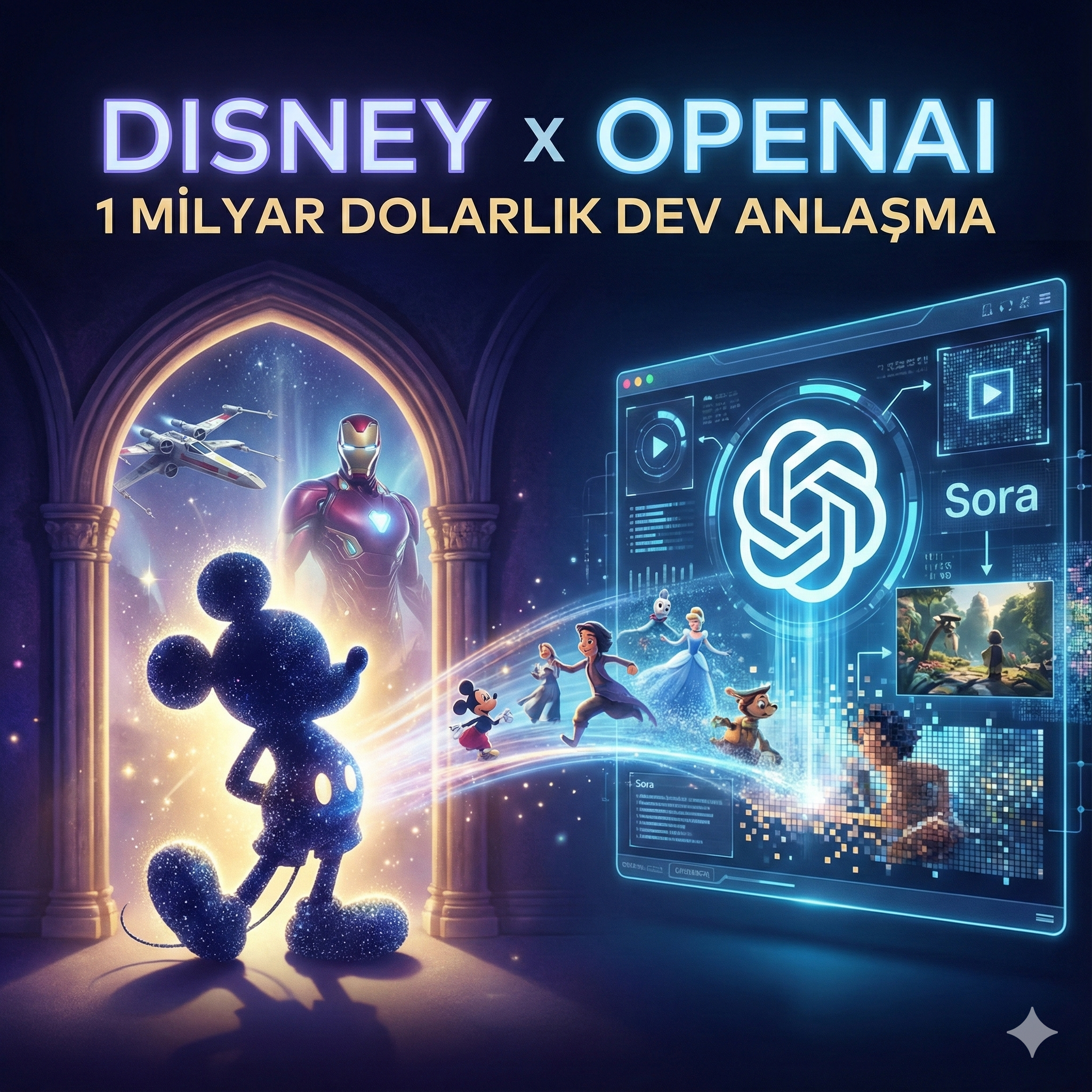Anthropic has officially announced Claude Opus 4.1, one of its most advanced AI models to date. Built on top of the Claude Opus 4 model released in May, the new version delivers enhanced functionality, more accurate responses, and a platform specially optimized for coding tasks. The model is currently available to paid Claude users.
Claude Opus 4.1 isn’t just designed for academic research or basic text generation. It also shines in areas like debugging, autonomous task execution, software development, and real-world integration. Thanks to its ability to take initiative and execute tasks independently, Opus 4.1 is now considered the most capable model Anthropic has ever developed.
Claude Opus 4.1 and API Integration
The new model is accessible not only via the web interface but also through external services such as Amazon Bedrock and Google Cloud Vertex AI. This allows developers to easily integrate Claude’s capabilities into their own software systems.
Through Anthropic’s API service, Claude Opus 4.1 offers faster and smarter solutions to assist software teams in task execution, saving time and boosting productivity—especially valuable for developers working in fast-paced environments.
Usage Plans and Integration Options
One of the standout aspects of Claude Opus 4.1 is its usage flexibility across different pricing plans. Under the $100/month Max Plan, users can access Sonnet 4 for 140 to 280 hours and Opus 4 for 15 to 35 hours. For those with higher needs, the $200/month plan offers 240 to 480 hours with Sonnet 4 and 24 to 40 hours with Opus 4.
These options appeal to a wide range of users—from individual developers to enterprise teams. Anthropic has also stated that the model will continue to receive performance improvements in the coming weeks.
Advanced Coding Capabilities
Claude Opus 4.1 especially stands out for its coding proficiency. Thanks to the Claude Code framework, developers can rely on the model not only for answers but also for direct assistance in code generation, refactoring, debugging, and algorithm development.
More than just producing code, the model can understand the context of code and generate meaningful solutions—something that distinguishes it from traditional large language models.
Anthropic claims Claude Opus 4.1 introduces significant improvements across multiple domains. It accelerates software development workflows while maintaining consistency in code quality. These capabilities make it an ideal tool not just for solo use but also for team-based software projects.





